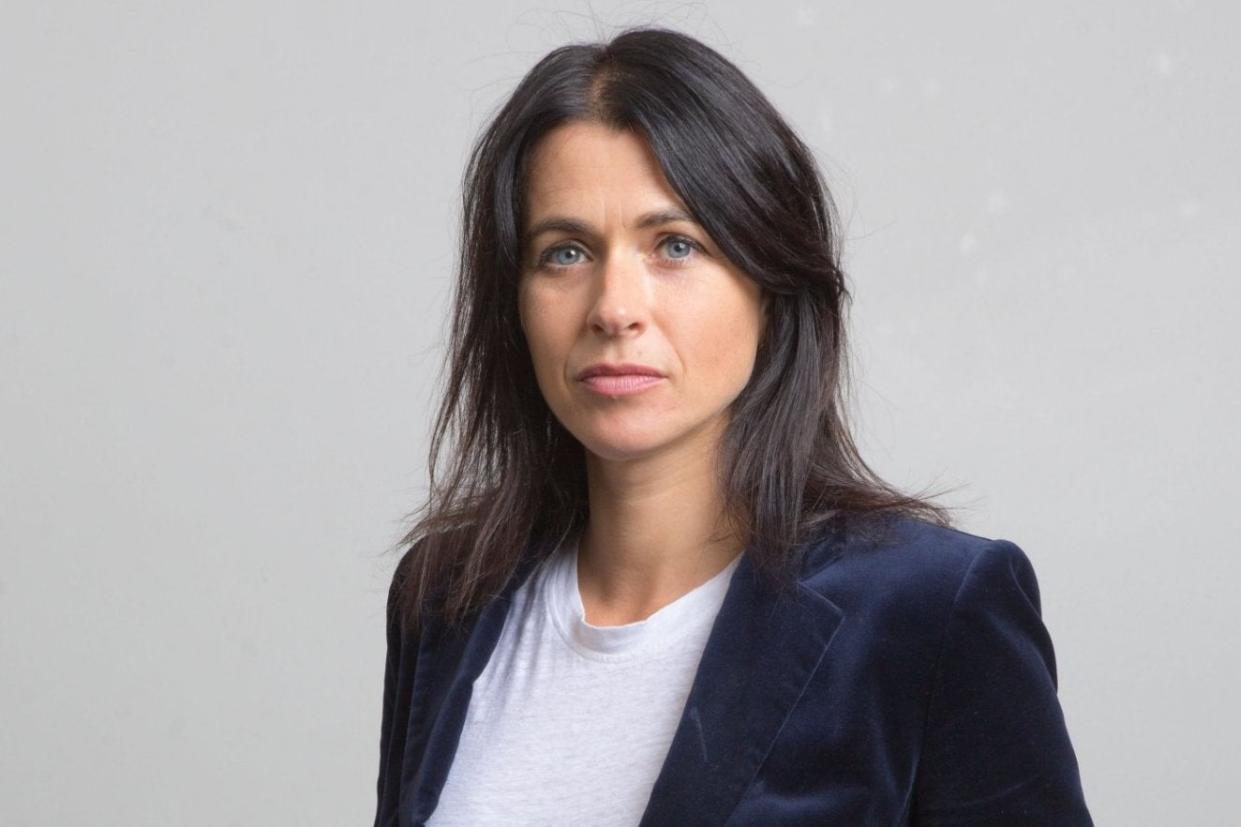Hijacking mental health as an issue solely for young women has no place in the battle for equality

Another week, another survey proclaiming the female sex to be desperately unhappy and traumatised. The latest has discovered “a sharp decline in the happiness of young women and girls” over the past decade. From which fantastically broad conclusions are drawn about the causes. (Never mind the opaque denotation of “happiness” as a measure of mental health.) Meanwhile, the outcome is that our sex continues to be portrayed as weak, emotionally unstable and insecure, consistently obsessed with our appearance and a second away from slashing our wrists.
I have no issue whatsoever with highlighting mental health and the fragility of it. But this zooming in on one gender serves only to fortify the bias that we are the weaker sex. And just as seriously, it cements the idea of men as mentally tougher, when they are anything but.
I recall many sad instances of male despondency during my teenage years due to myriad causes. A boy who cut himself (but wore it as a badge of honour as he played his dark goth music); my best friend whose mother died from cancer when he was 17 but was never encouraged to show grief and later spiralled into heroin addiction. Another, who was driving when his Jeep crashed — his confidant died instantly in the back seat — plunged guilt-ridden into a period of fathomless despair. At university, my boyfriend’s best friend committed suicide, sneaking off to gas himself alone in his car, and we never knew why.
I am still haunted by a story I covered of a handsome 15-year-old hanging himself in Feltham Young Offenders’ Institution after his mother died. He had scrawled “I miss my mum” all over his cell walls before tying a sheet from the ceiling light flex to end his life. His father described how his son, poleaxed by grief, had started to act up and was jailed for only minor infractions.
These may be extreme examples from the past, but I can list many current ones on a sliding scale of desperate to everyday. Meanwhile, young men and boys are trapped like we are in ageing stereotypes that still grip society insidiously.
My 17-year-old niece is insistent that the male pupils at her local secondary are just as riven by anxieties as the girls. That even in these heady times of gender blending, the expectation of them to be “manly” remains a block to airing these grievances. Not that at any time, for anyone, of any age, is it easy to air heartfelt anguish or fear.
We have heard many voices this year about the challenges women face, and a vital movement it has been too. But trying to own mental health as an oppressively female symptom in order to push a feminist agenda has no place in the battle for parity between the sexes. Our jails are filled with young men with severe mental health problems and learning difficulties; they are excluded faster and in greater numbers from schools than girls even as they display severe mental trauma.
"Young men and boys are trapped like we are in ageing stereotypes that still grip society insidiously"
While young girls talk of anxiety about being sexually abused, boys also risk physical violence on the streets in London, with record numbers of fatal stabbings. And despite our hollers for work opportunities, the pressure on them to succeed is just as great. If not greater.
Some causes of unhappiness may be assigned to gender but the link is often tenuous. And the treatment of it for everybody should be our only focus.
Give men a heads-up of our mood storms
In the midst of trying to raise funds for my own start-up, I sought the advice this week of a serial female entrepreneur, Amy Thomson. She had just completed an exhausting but successful fund-raise for her app, Moody Month, which tracks the female cycle (and launches in October).
Four days after her invigorating pep talk, I’m still mentally fist-pumping Amy’s achievements: first, for being an entrepreneur, as it can be a lonely and brutal experience; second, for having the confidence to stand there endlessly talking about periods to a largely male contingent (I imagined an inward ‘Eugh ..!’, even as they eyed up the dollars that they could make from it). But I fear she is missing a trick by aiming it only at women.
Boyfriends and partners would surely benefit, too. A handy pre-warning of storms to come, plus noisy reminders and funny GiFs clearly stating that accusing us mid-row or during a major grump that it’s only because we’re suffering PMT is still NEVER an option. Sometimes it’s the cause. Sometimes it’s not.
Just remember, you exist because of our hormones. And we don’t enjoy it either.

*Is anyone else crushing on actress Sandra Oh and her rebellious hair? Two sessions into Phoebe Waller-Bridge’s darkly comic series, Killing Eve, it’s Sandra’s duo act with her work partner, Bill, played by David Haig, that has me enthralled rather than the violent acts of the assassin played by Jodie Comer. And then there was her brilliantly staged act at the Emmys this week. So despite my husband’s passive-aggressive texts from his restaurant last night not to watch any episodes without him, I slipped in another two…

 Yahoo News
Yahoo News 
